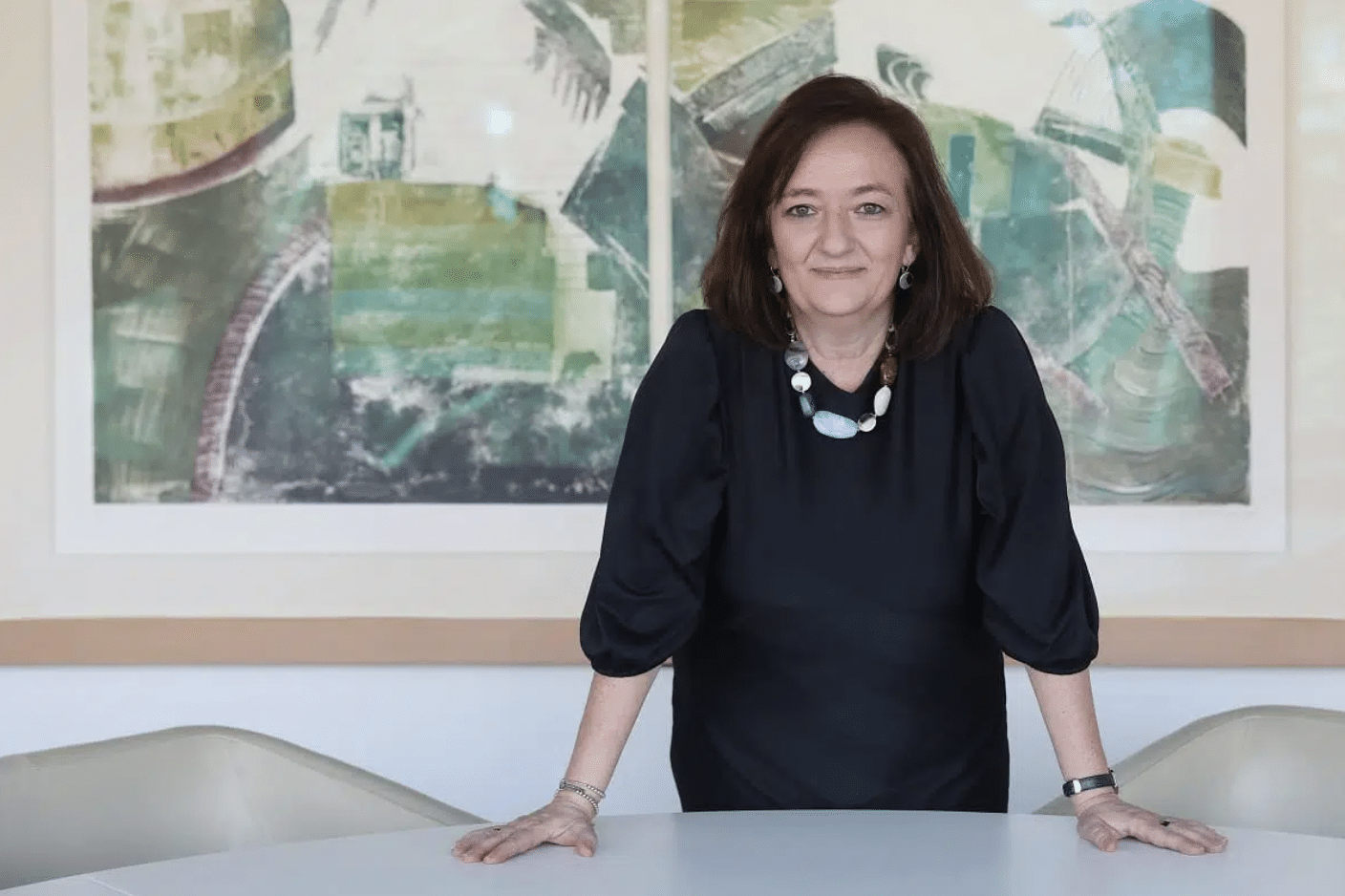The President of the Independent Authority for Fiscal Responsibility (AIReF), Cristina Herrero, took part on Thursday in the seminar on “Review of fiscal governance: Independent Fiscal Institutions”, organised by the European Commission. In her speech, she highlighted the characteristics that make AIReF a solid and independent institution and identified possible improvements that would contribute towards consolidating the work of Independent Fiscal Institutions (IFIs) both at a national and a European level.
In her introduction, Cristina Herrero highlighted the points that have consolidated AIReF as an independent institution at the service of all tiers of government in its analyses and evaluations of Spanish public finances. In order to perform this task successfully, the President explained, it is essential to have a solid, broad and country-specific legal basis. “The specific nature of our mandate, adapted to the decentralisation of Spain, is illustrated by the fact that AIReF performs its activities at central, regional and local government level.”
The breadth of the mandate entrusted to AIReF allows it, in addition to ongoing monitoring of the budget cycle and public debt at all levels, to conduct studies at the request of any government. This work has been strengthened with the creation of the Public Spending Evaluation Division. She also highlighted the ability to carry out analyses at its own initiative, which it issues in the form of “Opinions”. The credibility enjoyed by AIReF in carrying out these functions, explained Cristina Herrero, is based on the fact that its analyses are based on evidence obtained in a rigorous and transparent manner and on the availability of technical and human resources. “Thanks to this solid technical and analytical training, AIReF is often consulted by governments and invited to participate in different working groups.”
Independence in the performance of its duties
In the second part of her speech, AIReF’s President pointed out the elements that have a decisive impact on the Institution’s independence in the performance of its functions. These include an adequate level of stable resources over time and flexibility in their management. “A specific feature of AIReF’s financing is that our resources are collected autonomously, through a funding fee that is paid by each Government through its annual budget,” she explained. This has increased the Institution’s financial autonomy and has also improved its stability. However, the fact that this funding is framed within the annual budgets, AIReF’s President said, limits management flexibility.
Safeguarding against possible political interference is another of the elements that Cristina Herrero mentioned as crucial to maintaining the independence of IFIs. Some of the key requirements are that the president or members of the Steering Committee are selected through transparent procedures and for terms that are independent from the electoral cycle, that the recruitment process is subject to strict rules and that the Institution may make reports at its own initiative whenever they fall within its mandate. In conclusion, she stressed the importance of IFIs having all the information necessary to carry out their mandate in a timely manner. “Signing memoranda of understanding that limit the discretion of the Government in its exchanges with IFIs may be an effective way to achieve this,” she proposed.
To conclude her speech, Cristina Herrero identified other points that might help improve the activity of IFIs at a European level. These include achieving greater consistency in European and national fiscal frameworks, independent institutions having access to all the data relevant to their work as well as to the interpretative agreements reached by the European Commission and the Member States, and the oversight of fiscal policies overcoming short-termism and being geared towards the medium term so as to be able to perform broader assessments. The revision of the European framework currently under discussion should bring with it a greater role for IFIs in the process of short and medium-term budgetary oversight, with a greater focus on debt sustainability. For this purpose, it would be advisable to establish minimum standards for the capacity and resources of European IFIs so that they can successfully carry out this mandate.
Representatives of other European IFIs also participated in the seminar, including Lars Heikensten, President of the Swedish Fiscal Council, Inna Steinbuka, President of the Latvian Fiscal Council, as well as other public officials, such as Marketta Henriksson from the Finnish Ministry of Finance, and former Canadian parliamentarian Kevin Page, creator of the Organization for Economic Cooperation and Development (OECD) principles for evaluating IFIs.







